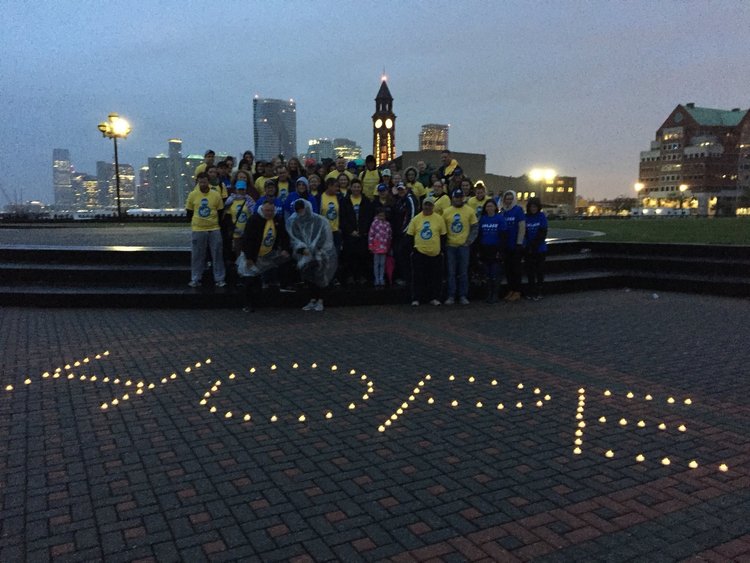By Bill Parry
In the ongoing mission to lower the city’s prison population which would allow for the closing of Rikers Island, the city is hailing a mentoring program for young people on probation that significantly reduces recidivism, according to a multi-year independent study, Mayor Bill de Blasio announced last week.
The report evaluating the Arches Transformative Mentoring program found that participation in the city’s Department of Probation-administered course reduces one-year felony reconviction by over two-thirds, or 69 percent, and reduces two-year felony reconviction by more than half, according to research by the Urban Institute in partnership with the Mayor’s Office for Economic Opportunity.
“In New York City, we believe in giving young people a second chance — and opportunities to change themselves and their communities for the better,” de Blasio said. “Mentoring programs like these are laying a strong foundation and creating pathways for young people to lead productive, stable lives.”
Launched in 2012 during the Bloomberg administration, Arches uses curriculum-based interactive journaling, group mentoring, and individual mentoring by connecting high-risk young people ages 16 to 24 on probation to credible “messenger mentors” in their own neighborhoods. Community-based organizations, such as Community Mediation Services in Jamaica and Sheltering Arms in Far Rockaway, employ the mentors who were once in the criminal justice system and share similar backgrounds with the young people they serve, who are respected in the communities where they work and who undergo rigorous training.
“By connecting participants with positive role models, Arches is empowering young people to contribute positively to their communities and stay out of jail,” City Councilman Rory Lancman (D-Hillcrest), the chairman of the Committee on the Justice System, said. “I applaud the Department of Probation for implementing this transformative program.”
The credible messenger mentors, working alongside probation officers, help young people make better and safer decisions, pursue their goals, get connected to school and work, and repair relationships with family and community — all of which helps build a safer city. The service providers are able to equip young people with the tools to change their lives while providing them with a living example of hope and transformation.
Participants typically take six to 12 months to complete the program, but as the Urban Institute study revealed, many often maintain contact with their mentors and peers long after that time. The evaluation recommends continuing and even growing Arches by tailoring the curriculum to align with participant experiences, providing more mentor training, offering opportunities for full-time employment, and expanding the program’s length, alumni engagement, and age range.
“I support any program that works to keep young people out of prison,” City Councilman Robert Holden (D-Maspeth) said. “The reduction of reconviction rates among Arches participants encourages my belief that intervention, education and mentorship can lead to positive outcomes. Based on these finding, I am cautiously optimistic about the program’s prospects, and as a member of the Criminal Justice Committee, I will work to ensure this program continues to be low cost and high impact.”
Reach reporter Bill Parry by e-mail at bparr


































